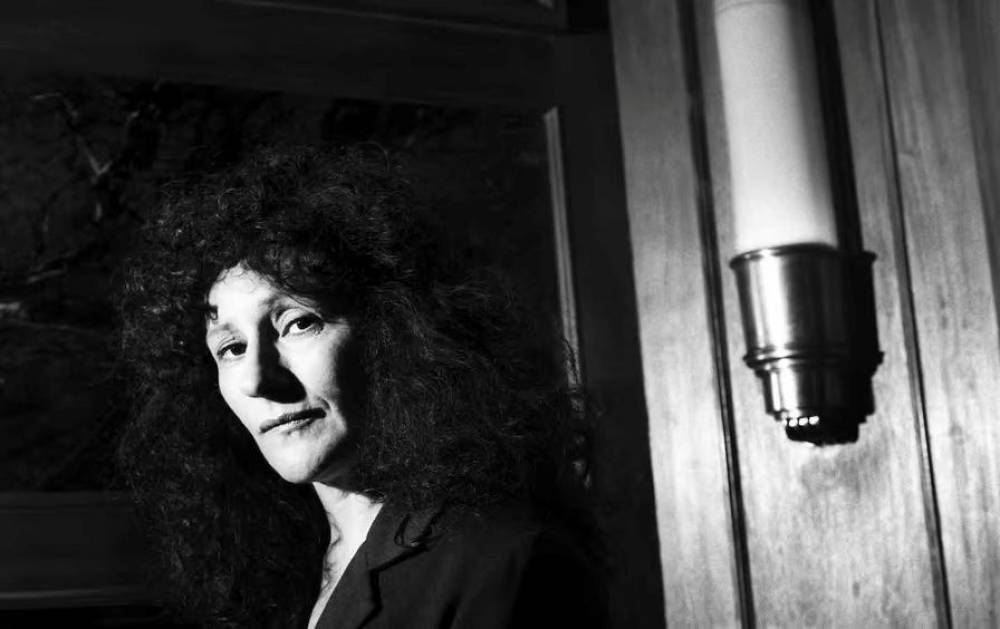A journal for storytelling, arguments, and discovery through tangential conversations.
Tuesday, November 25, 2025
|
Conor Williams
A few nights ago, I went to a screening of Letter to Jane, the 1972 essay film by Jean-Luc Godard and Jean-Pierre Gorin. Speaking with the audience over Zoom after the film, Gorin said, “There used to be critics.” He recalled how, in the 60s and 70s, filmmakers could actually be in dialogue with others about their work. “Today, the only critic I can think of is A.S. Hamrah.”
For several decades, the writer A.S. Hamrah has contributed to publications like n+1 and Bookforum. His criticism is laser-focused, unfazed by the soft language used all the time by corporately owned entertainment outlets. Hamrah has the unique and so-needed skill of being able to dispense with bullshit entirely. He’s frank, and very funny.
It’s great news, then, that Hamrah has two new books out. The first is Last Week in End Times Cinema, a printed version of his online newsletter, “an almanac of every bad thing that happened in the film industry from mid-March 2024 to mid-March 2025,” (Semiotexte). Formatted just like the original email publication, End Times Cinema sticks to the basics.

Thursday, May 8, 2025
|
Conor Williams
Lynne Tillman writes books–novels, short stories, essays, criticism–that continuously provoke thought. Since the late 80s and the formation of the New Narrative movement in American literature, Tillman has created a body of work deeply engaged with art, culture, history, ourselves, and our relationships with one another.
The first book of hers I read was her 2018 novel Men and Apparitions about an ethnographer named Zeke who studied family photographs. Tillman’s seamless blend of found images, commentary and aphorisms on pop culture, and a narrator naturally inquisitive about others so hooked me that I spent my summer after college reading it so slowly, wishing that both the book and the sunny freedom of being on my own in upstate New York would never end. Drawn to documenting things myself, I related to Zeke, as I had just finished school and made a short diary film about my family and my grief. Not only that, but halfway through Men and Apparitions, the main character experiences a personal betrayal that closely, painfully mirrored something I myself had gone through in the last weeks of my graduating year.

Wednesday, December 18, 2024
|
Conor Williams
What we witnessed in 2024 was the culmination and confirmation of several cultural trends that began to come into focus in the early 2020s. In the plague year of 2020, over 350,000 Americans died from COVID-19. The World Health Organization estimated that over 3 million people died from COVID-19 worldwide that year. This pandemic, along with the murder of George Floyd, rocked the United States and the world into uprising. The following year was marked by an uprising from the other side–a violent far-right insurrection at the U.S. Capitol, encouraged by President Donald Trump. The next few years under President Joe Biden felt–at least for a while–eerily normal, but this normalcy was merely an illusion. While the political establishment applauded the restoration of democratic norms, culture continued to move rightward.
